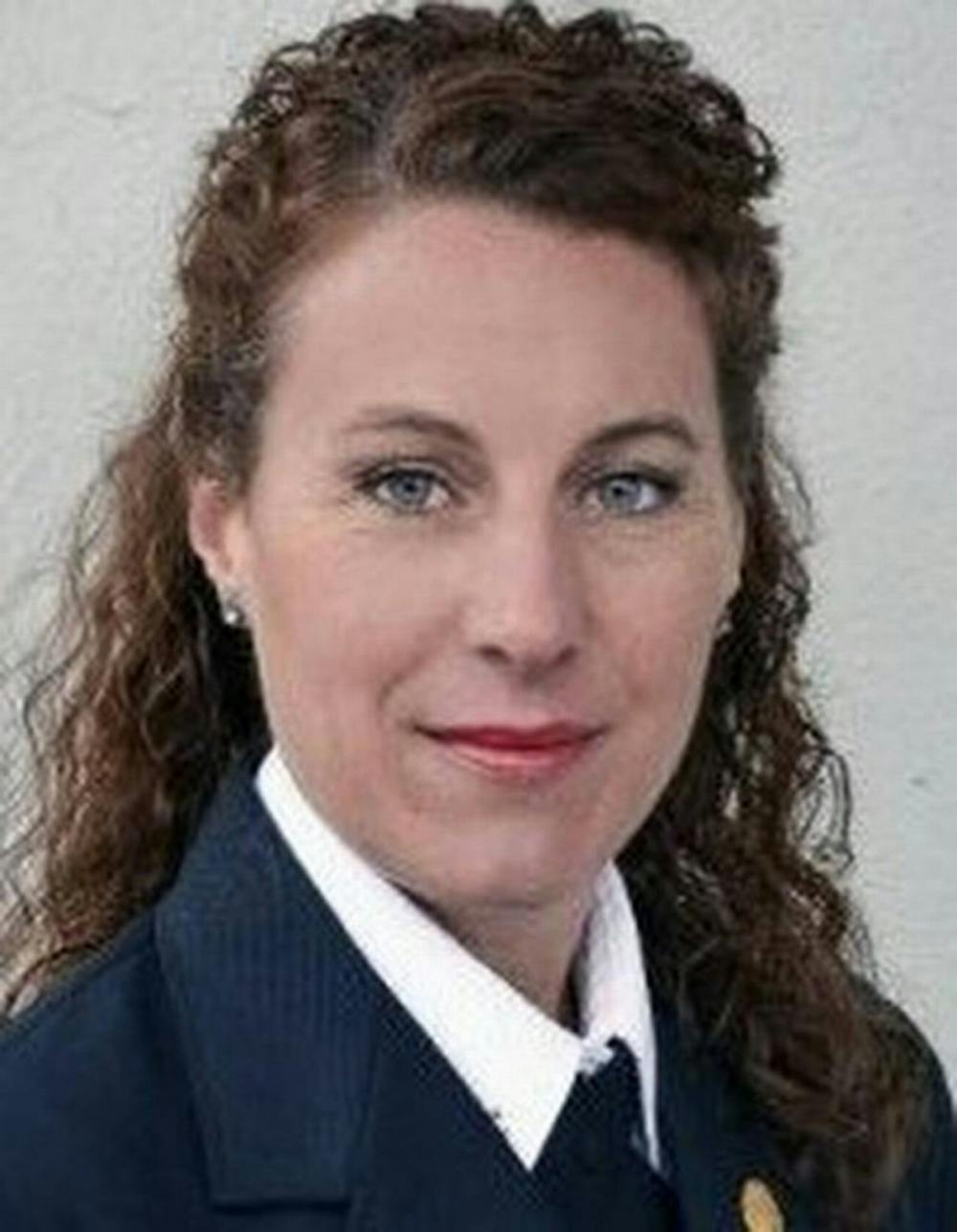DTH: When and why did you decide to become a firefighter?
SW: I actually did not grow up wanting to become a firefighter, even though I have family members who are part of the Philadelphia Fire Department, where I grew up. So I’ve been around it growing up, but it wasn’t something I grew up saying, “Hey, that’s something I want to do.”
I actually started off as a teacher. After graduating from Temple (University) with a bachelor’s in education, I moved to North Carolina to start my teaching career.
While I was teaching, I was looking for volunteer opportunities, which I had always done through high school and college and wanted to continue doing that to give back to the community. So I started researching and looking around, and Graham Fire Department was looking for volunteers, and I thought, “That’s something different, something I haven’t done,” and tried it.
Once I started it, I fell in love with it — decided that was my life’s passion and what I wanted to do. So while I was volunteering, I got my certification and transitioned to a career fire department in 1998.
DTH: What is your favorite thing about your job?
SW: It’s the giving back to the community. Most of the things that we do are very reactive in nature, so we are responding to people who are having the absolute worst day of their life. For us, it doesn’t matter if it’s the however many hundredth time we’ve run this type of call, doing something to make that day better for them is really the best part of the job.
DTH: What is the hardest thing about your job?
SW: It’s probably the same thing, I would say. When you see these things happening, not only just citizens but when it involves children, it can be tough to deal with at times. That’s definitely one of the worst things you have to deal with in this profession.
DTH: Have you ever been the only woman in your department?
SW: When I joined the Graham department, I was the only woman. In every other department since, I’ve been fortunate to where there have been other women in the department.
DTH: What’s it like to be in a field where there generally are fewer women than men?
To get the day's news and headlines in your inbox each morning, sign up for our email newsletters.
SW: We tend to have to prove ourselves a little bit more than men do in our profession, which can be a challenge. You just have to recognize that’s the way it is and show everyone what you can do. Everyone will see your skills and talents.
Our profession is all about the brotherhood and sisterhood, so once those challenges are met, you’re accepted. That’s not to say I haven’t run into a few people who have made life a little more difficult throughout my profession, but you just deal with it when it happens.
DTH: Do you think you’ve had to work harder in your profession than some of your male counterparts?
SW: Yes, and I think other women in our profession would agree, even though we all have different experiences. I look back on my career as I’m about to take on the responsibility of fire chief, and I’ve seen men take on such positions with less education or experience, and it’s accepted. Then people will look at my level of education, my level of experience, and might want to say negative things. It’s just the way it is, and you can’t let it bring you down. I know what I’m capable of, so I’m going to go in there and do it.
DTH: Do you ever think it’s helpful to be a woman?
SW: Yes, it’s one of those things in this profession, dealing with the public, dealing with people on the worst day of their lives, to have that sympathy and compassion.
These tend to be more feminine traits, and I think that certainly is a benefit in the fire service as part of what we do.
DTH: What are your goals going forward as fire chief in Carrboro?
SW: First and foremost will be to know everybody and to learn about the department. I’ll be at a little bit of a disadvantage coming in from the outside, but I’ll still be able to learn about everybody and the department. I would also like to come in and do some community risk analysis before I can make any decision or changes. This is so if I do opt to make some changes that I’ve got that justification, that empirical data as to why we would need to move forward and make changes.
city@dailytarheel.com




